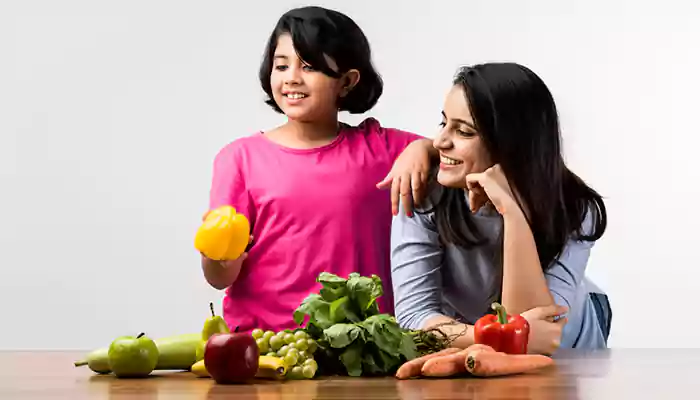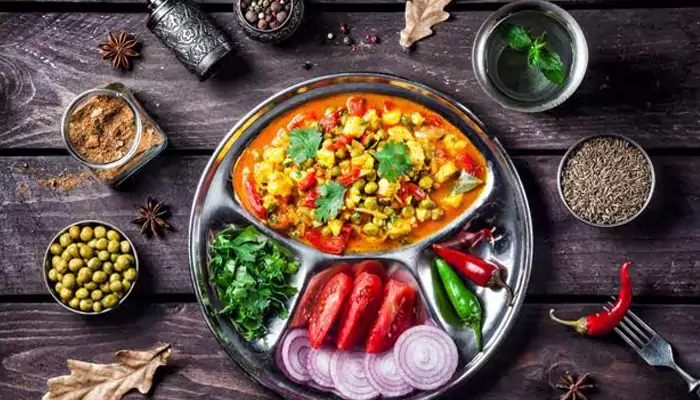Why Are Increasing Numbers Of Indians Turning Vegan?

Vegetarian food consumption in India is the highest in the world, with 30 percent of the population adhering to this diet. Many vegetarians in the nation eat dairy products on a daily basis, though. Because of this, veganism is developing in India, albeit at a slower rate than it is in the West. India's tech-savvy and young population is more likely to choose a healthy diet based on both health and ethical considerations. Veganism in India is mostly motivated by a desire to adhere to long-established cultural standards. As a country known for its spirituality, India's vegetarianism is linked to its spirituality. Hinduism places a high value on the concept of “ahimsa" which means that animals are not allowed to be consumed in any form. However, in India, veganism in its purest form is on the increase due to Western influence, celebrity endorsements, and increasing consumer awareness. In the month of January, a worldwide movement known as Veganuary urges people to commit to eating only plant-based foods for the whole month. Vegans in India will soon be spoiled for choice, thanks to the abundance of vegan choices. In India, the rise of veganism may be attributed to the following factors: When it comes to being vegan, religion plays a significant influence. A life of nonviolence, as taught by our ancient cultures and sacred writings, eventually leads to veganism. Veganism in India is on the increase for a variety of reasons, including ethical and emotional ones. There are others who think that animals have a right to life and freedom, and this may be a factor in the growing trend toward veganism in India, according to the Vegan Society. Vegetarian Foods Have Many Health Benefits and Are Easy to Find Adults who ate more plant-based meals had lower rates of heart disease and mortality, according to a big research published in 2019. A comprehensive review and meta-analysis of observational data found that following a vegan diet reduced disease risk by as much as 15%. Due to their high fibre content, vitamins and phytochemicals (biologically active molecules in plants), plant foods are a good source of disease-fighting nutrients. Other advantages to health include a lower risk of type 2 diabetes and a reduction in body weight. Vegan Staples Are Now Easy to Find in Indian Cuisine An Indian dinner comprises of rice, lentils and other pulses, as well as roti, vegetables, pickles, and more. This entire menu is vegan-friendly as well. As part of their daily diets on the Indian subcontinent, these grains, legumes and pulses are readily available in their kitchen cupboards. As a matter of fact, the majority of Indian cuisine are already vegan. There are celebrities who have gone vegan in India. Veganism's impact grows as more Bollywood and cricket stars advocate for it and commit to eat a plant-based diet, resulting in an increase in its reach. Enhanced Concern for the Environment The use of fossil fuels, the deforestation of rainforests, and the slaughter of animals contribute enormously to climate change. Animal agriculture is a major source of India's contribution to the climate crisis.












